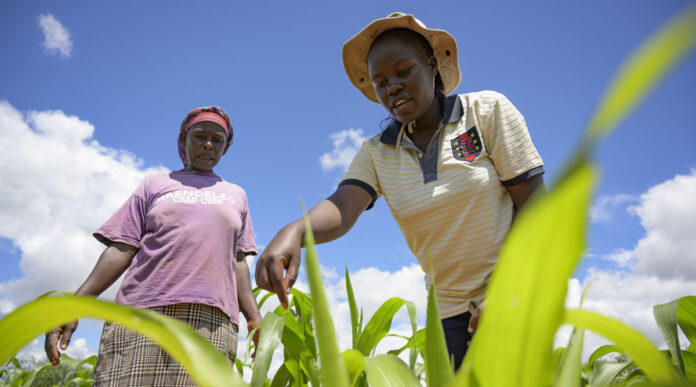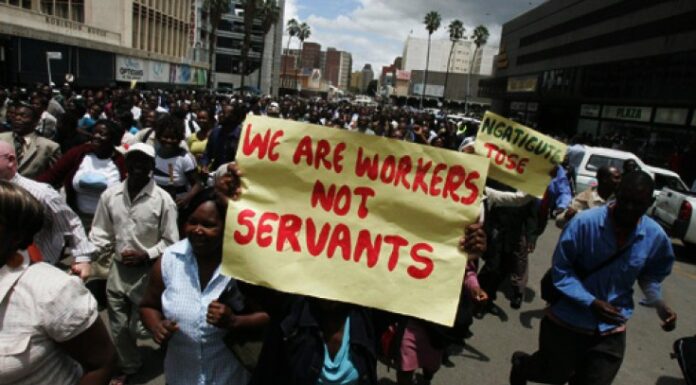Farai Mabeza
Community based organisations and foundations across the country face closure due to dwindling resources and support in the wake of the COVID-19 pandemic, a new report reveals.
The report issued by SIVIO Institute, an independent policy research group, said the organisations would close without an increase in support to cover operations costs.
“The most immediate challenge for the organisations that have responded to our survey has been focused on remaining operational and re-defining how they can continue to work under the current lockdown and social distancing provisions in place.
“However, this is challenging in an environment where the majority of organisations have not seen an increase in funding to help support operational costs.”
Only 18 percent of organisations surveyed indicated that they had received operational support from funders in the face of the pandemic. None of the organisations indicated that they had scaled up projects or operations.
The struggle to remain operational is also reflected in the fact that only 35 percent of the organisations were able to pay salaries. Unable to cover staff costs, organisations have focused on redirecting resources, suspending activities, not taking subscriptions or contributions from members, as well as completely shutting down.
All these strategies focus on reducing operational costs and operations.
In terms of operations all the organisations had to postpone outreach activities due to COVID-19 and the lockdown restrictions; 47 percent of organisations could not access financial resources; while 41 percent indicated that they missed project deadlines and had to postpone workshops.
The majority of the respondents (59%) indicated that they received their funding from Non-governmental Organisations (NGOs). Organisations also received funding from international and local individual donors and membership contributions. Only 12 percent indicated that they received any funding directly from Government.
Affected day-to-day operations, include face-to-face activities such as training or capacity building and community engagement while other affected areas include banking and finance as well as human resources. The organisations also felt that their use of technology had been slightly affected.
Most organisations (88%) have set up WhatsApp groups for staff to communicate with each other and the communities that they work with while 59% had invested in online applications/products, such as Zoom, Skype, Microsoft Teams, for staff to continue to engage with each other.
Less than 50% of the organisations have been able to buy all staff protective personal equipment (masks and gloves) and sanitisers.
Most organisations (47%) indicated that they had not been offered any additional support during the lockdown period. For those who had received support, it has been support predominantly from NGOs and the organisations’ membership base (24%). Only 12% indicated that they had received support from government.
SIVIO called for concerted interventions to ensure that organisations do not permanently close down because of COVID-19 so that they can also be part of the collective response required in Zimbabwe, across Africa and globally to beat the pandemic.








